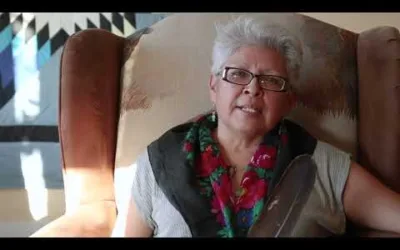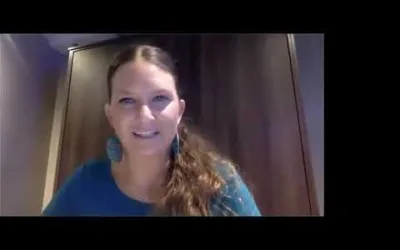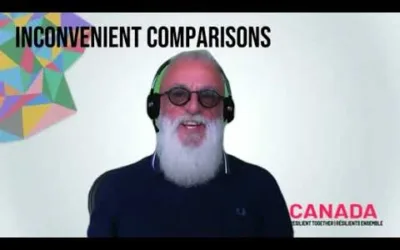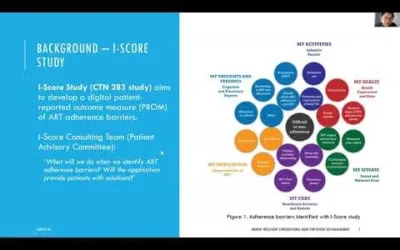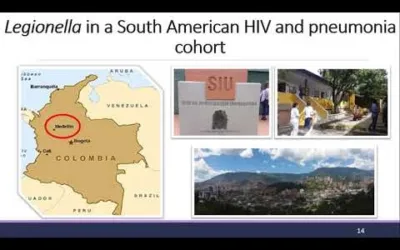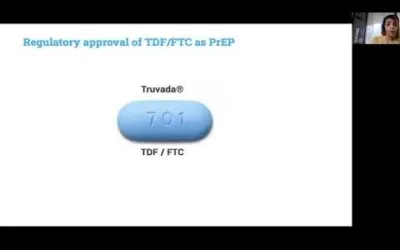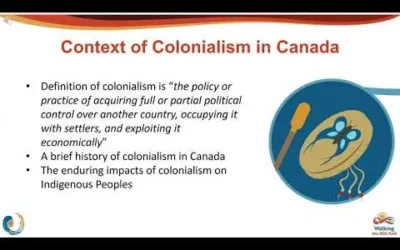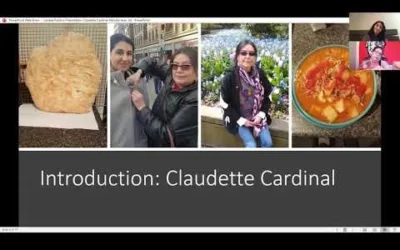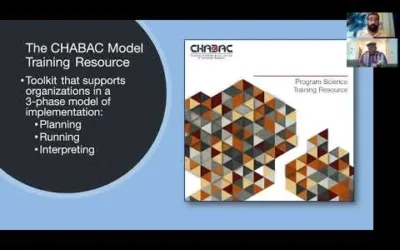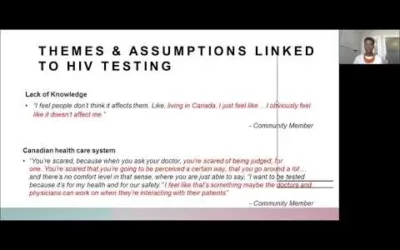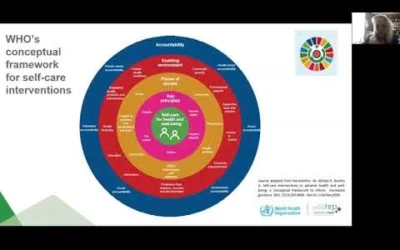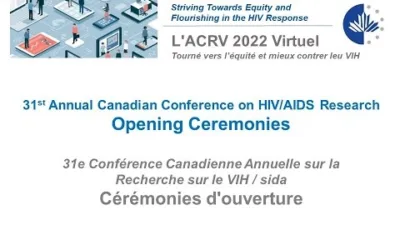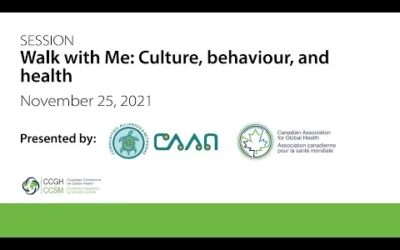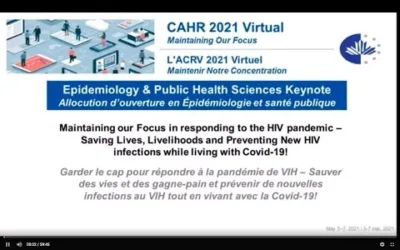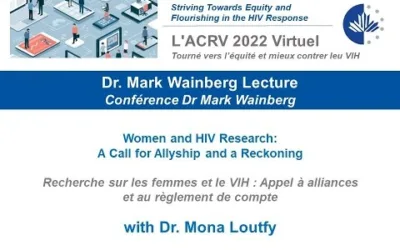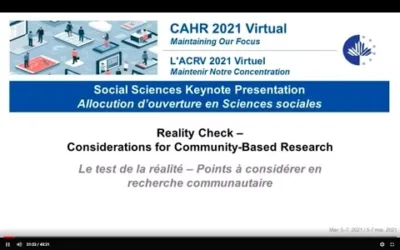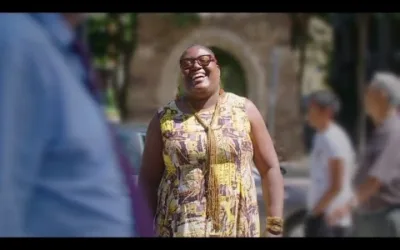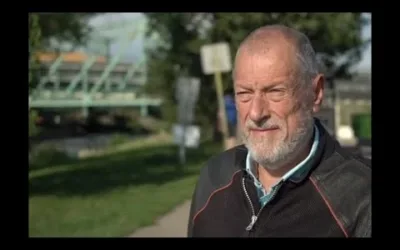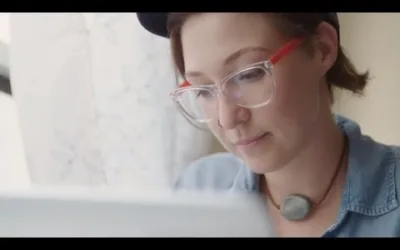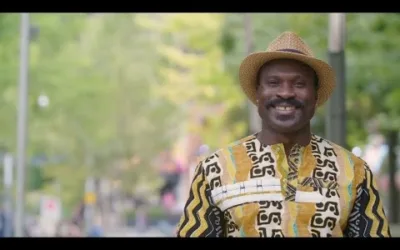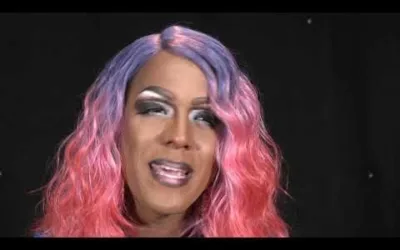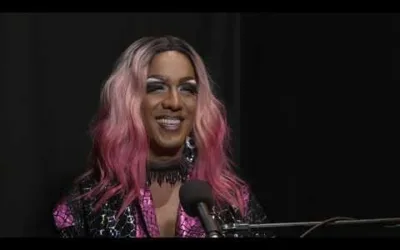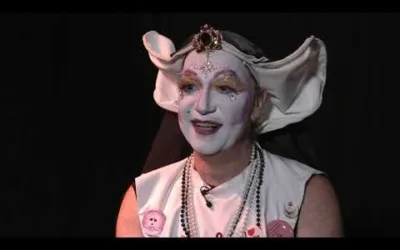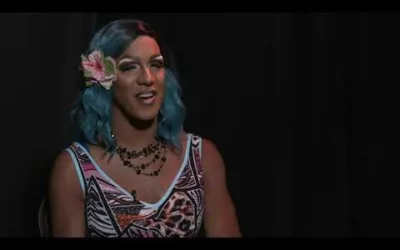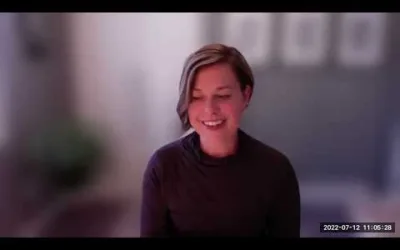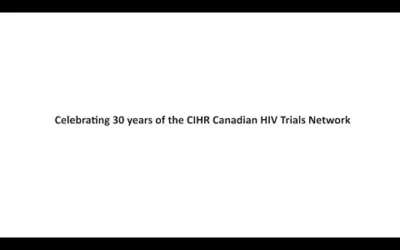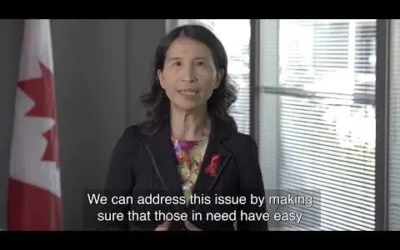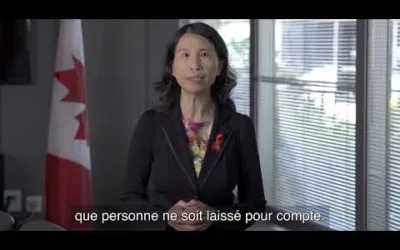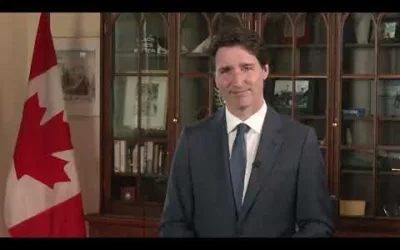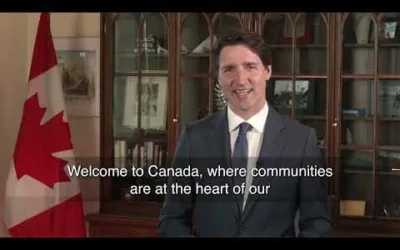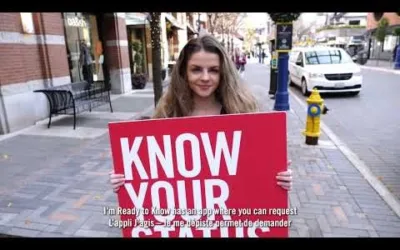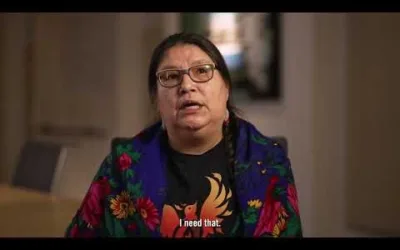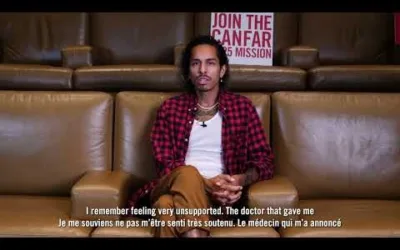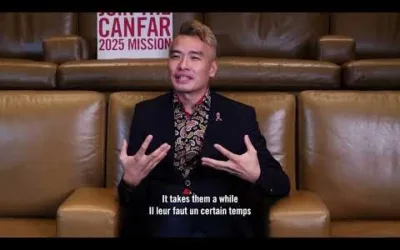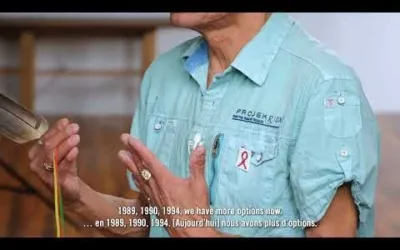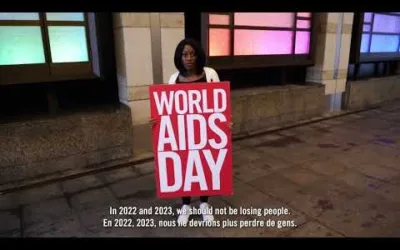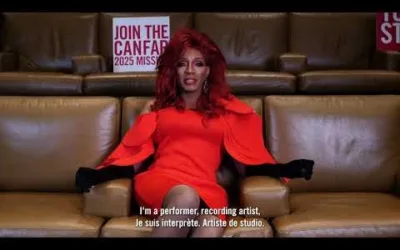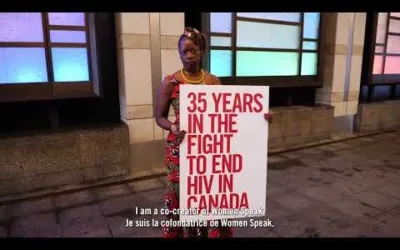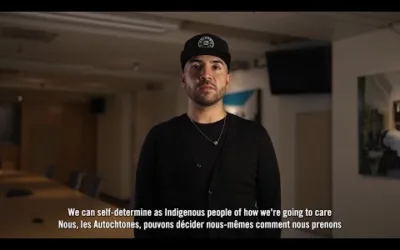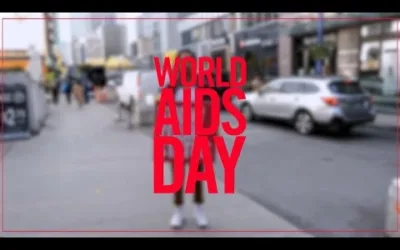
Pavillon du Canada de la Lutte au VIH 2024
La Conférence internationale sur le sida est la première plateforme mondiale pour célébrer les réalisations, célébrer les succès et définir les orientations stratégiques de la riposte mondiale au VIH/sida. La 25e Conférence internationale sur le sida, SIDA 2024, a eu lieu à Munich, en Allemagne, ainsi que virtuellement du 22 au 26 juillet 2024.
Le Pavillon du Canada à SIDA 2024 à été organisé par l’Association canadienne de recherche sur le VIH (ACRV).
SIDA 2024 a offert une plateforme puissante pour s’aligner stratégiquement autour d’une réponse unifiée et équitable à la pandémie. Cela à montré au monde que la riposte au VIH est unie derrière une approche fondée sur des données probantes qui donne la priorité aux personnes.
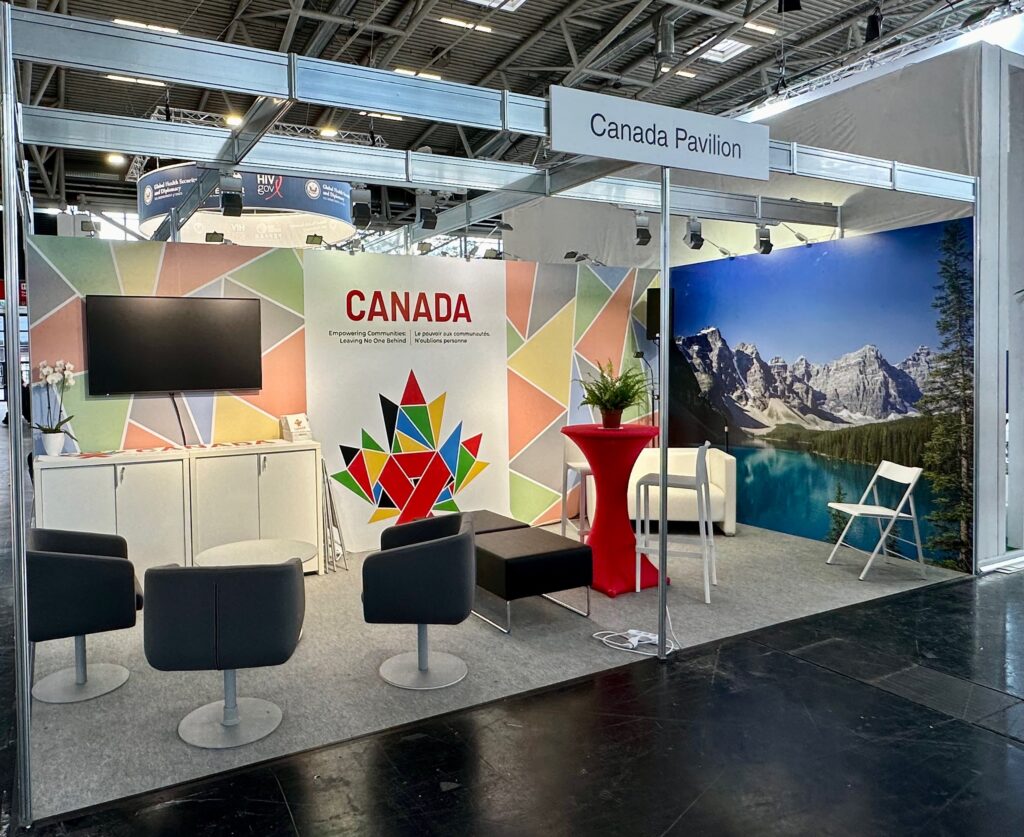
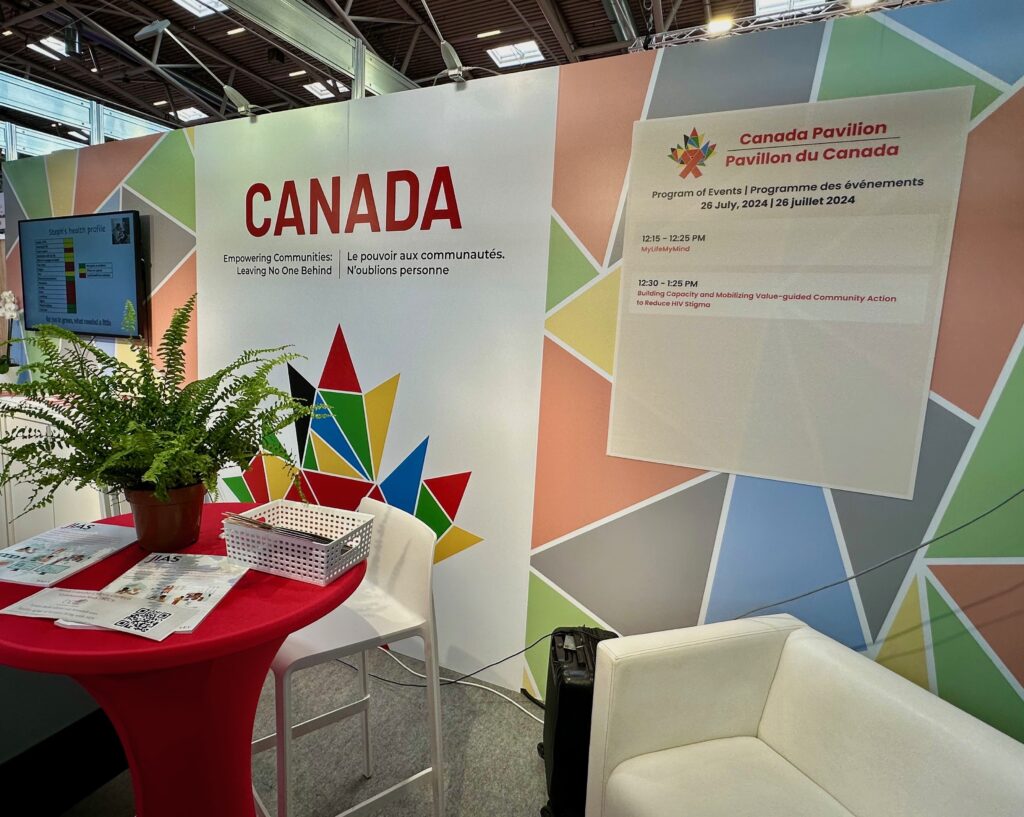
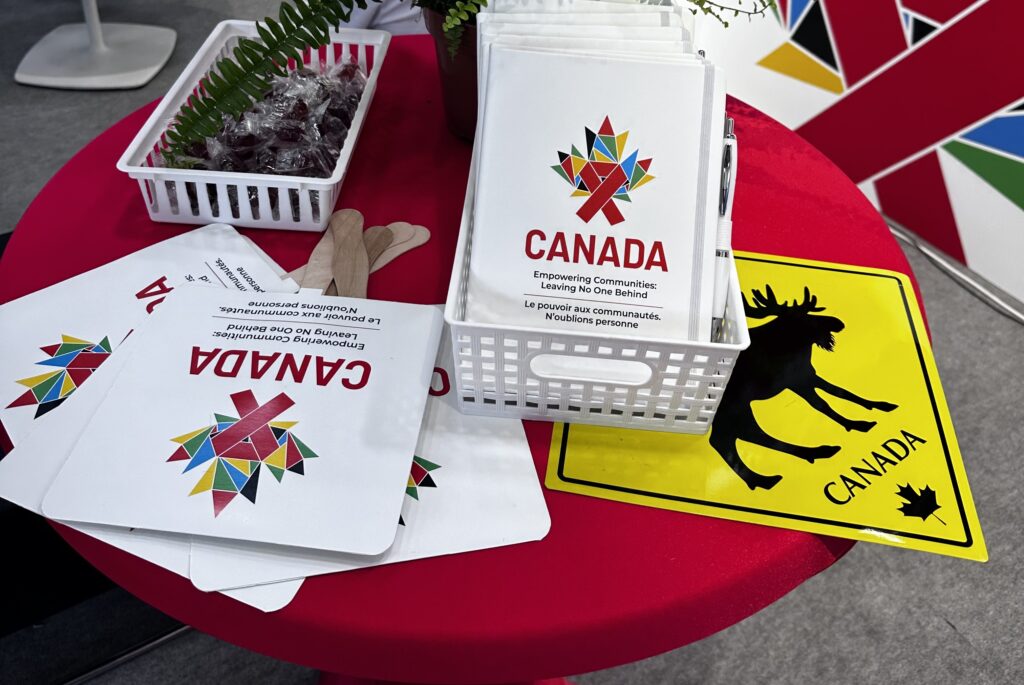
Les Cibles 95-95-95
Pleins feux sur les gens, nos histoires, nos communautés
Les politiques et les initiatives concernant le VIH au Canada
Communauté, soutien et éducation par la programmation
L’implication canadienne dans la réponse mondiale face au VIH
Résultats de recherches menées par des Canadiens
Séances en direct
Regardez les présentations des années précédentes!
Le VIH Au Canada
Le VIH au Canada : Personnes vivant avec le VIH et nouveaux cas d’infection au VIH (2020)
Le VIH au Canada : Les points saillants de la surveillance pour 2022
Progrès du Canada vers l’atteinte des cibles mondiales en matière de VIH (90-90-90)
Tendances de l’utilisation de la prophylaxie préexposition au VIH [VIH-PPrE]


